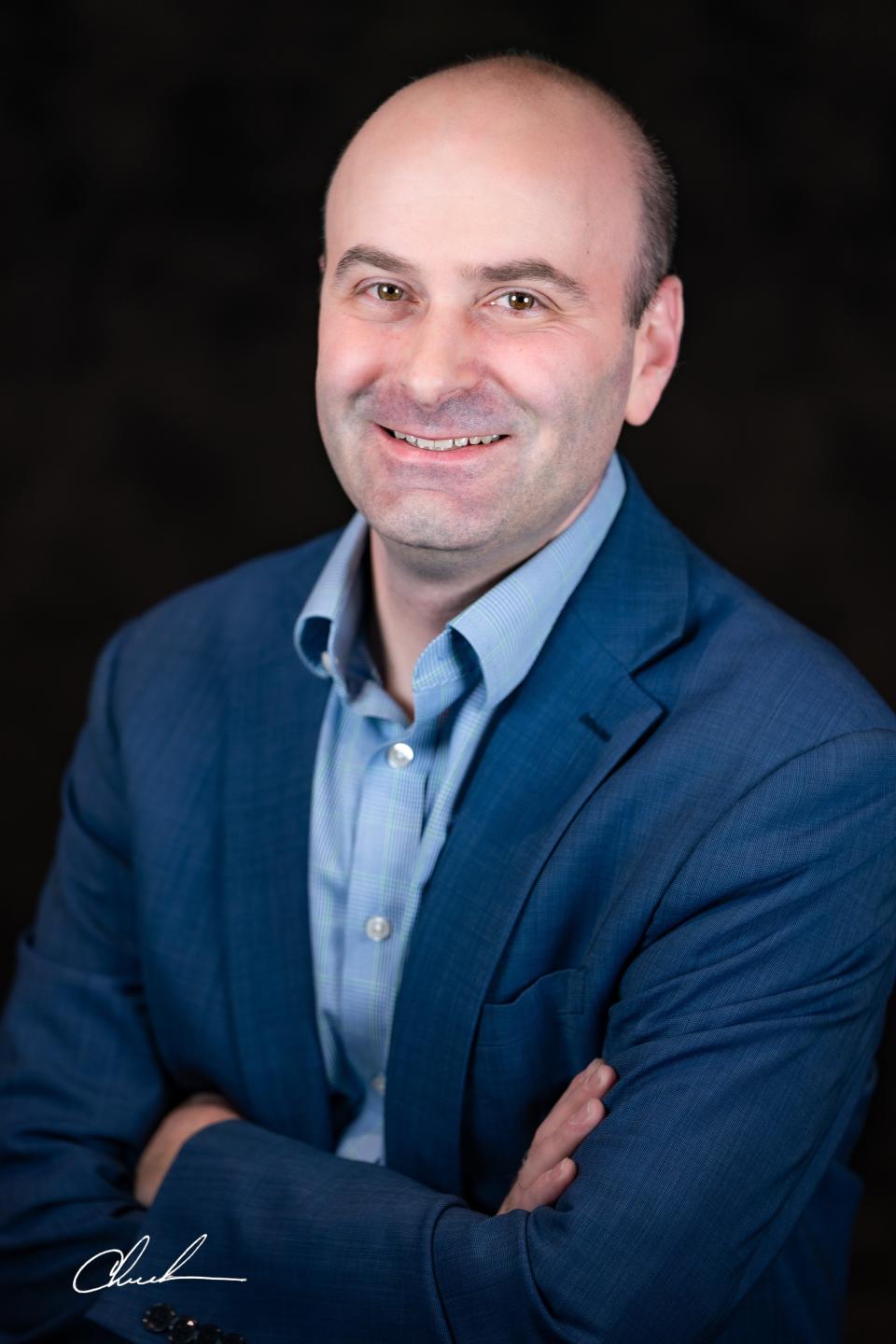Op-ed: With Rosh Hashanah, focus on repentance and returning to our true selves
I’ve never succeeded in making a New Year’s resolution that has stuck beyond the end of January. I’ve made pledges about exercising, about eating more healthily, about staying in touch with friends — but despite my best intentions on Jan. 1, they always fall away before the month is out.
Making resolutions is a part of New Year celebrations like the ball drop or auld lang syne — it’s just something that you do hoping that the ensuing 12 months will be better than the ones that have just ended.

Tonight, as Jews around the world celebrate our New Year with the festival of Rosh Hashanah, I am relieved that the making of resolutions is not part of our regular practice. While there is a sense of reflection on where we have been and where we are going, the making of resolutions is not something that we Jews do at the beginning of the year.
Instead, our primary practice is something called teshuva; it is often translated as repentance. But in reality, the meaning is closer to returning. On our Jewish New Year, we are seeking ways to return to our true selves, return to a connection with something greater than ourselves; we are returning to a place of justice and peace.
While there are significant differences between the practice of making resolutions and returning, what they have in common is the hope and aspiration that the next year will be better than the one that just ended.
I love that as a Jew I get to celebrate both the secular New Year and Rosh Hashanah. Despite the differences, every new year brings with it a sense of hope and optimism. It feels like anything is possible. The new year beckons us like the first blank page in a brand-new book notebook — it is filled with possibility, promise and potential — we can write or draw on it whatever we choose.
As the new year begins, we cannot help but reflect on where we have been over the past 12 months. It’s a year that I imagine many of us are pleased to leave behind. Rising levels of hate and extremism in our country, the brutal war in Ukraine, the ongoing climate crisis that threatens our world, and a society that appears to be ever more fractured — there's been a lot of bad news to deal with.
We can make resolutions about how we want things to be different and we can consider the values and ideals the values and ideals to which we want to return in the forthcoming year.
In the Bible, we begin with Adam and Eve in the Garden of Eden who are told that they bear responsibility to till and tend the land. How can we, as a society, return to this original call to be stewards of the Earth? We can return to a time when we did not treat the world around us as a resource to be exploited and resolve to think about the ways that each one of us can make a difference through environmentally conscious behavior.
While the cracks in society may be growing wider, right now I am so proud to be a Bay Stater. The way that the people of Martha’s Vineyard, and Massachusetts as a whole, responded to the deplorable airlift of 48 Venezuelan immigrants from Texas by the governor of Florida has filled me with hope that we can model a different way of treating the stranger in our society.
I want to return to the time when America erected monuments inscribed with “Give me your tired, your poor, your huddled masses yearning to breathe free.” And I resolve to support local agencies supporting the settlement of refugees locally such as the Jewish Family Service of Metrowest.
Tonight, as we welcome the Jewish New Year at Temple Shir Tikva, we will host a combined choir from our synagogue and the United Parish of Brookline to sing an arrangement of e.e. Cummings poem: “I thank You God.” This is a repeat engagement after they sang the piece together at the Church on Easter.
We cannot ignore the significance of Jews and Christians, Synagogue and Church joining together to sing praises together on the holiest days on our calendar — this is something to celebrate.
There are a lot of resolutions and acts of return that we need as we enter this new year, but as the poem says we also need to make sure that “the eyes of my eyes are opened” to the positives that are already happening around us. Tonight, as Jews around the world celebrate our new year, I look forward with hope to a year filled with potential — together we can ensure it is a good one for all of us.
Rabbi Danny Burkeman is the senior rabbi at Temple Shir Tikva in Wayland.
This article originally appeared on MetroWest Daily News: Wayland Rabbi Burkeman writes of repentance, return on Rash Hashanah

